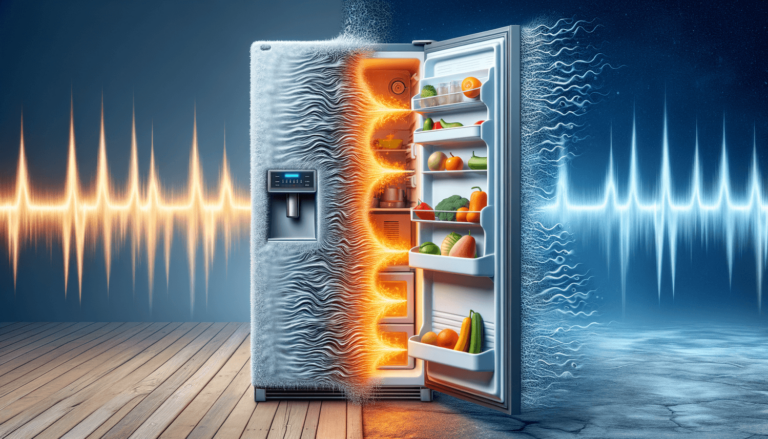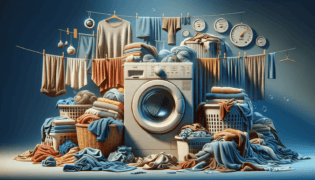

Written by: Settings King
Last updated:

Recognizing the signs that a refrigerator is nearing the end of its useful life can save you from unexpected food spoilage and costly repairs. Common indicators include excessive noise, frequent cycling, condensation or frost buildup, a malfunctioning ice maker, increased energy bills, and food spoiling quicker than it should. When these symptoms are persistent, it might be time to consider a replacement.
Quick summary
Refrigerators are essential in keeping our food fresh, but they don’t last forever. At Setting King, we’re diving into the symptoms that signal it might be time to replace your appliance. Understanding these signs will ensure you can take timely action, be it repair or replacement, to avoid greater inconvenience.
While it’s normal for refrigerators to make some noise, excessive or unusual sounds like buzzing, knocking, or humming can indicate a problem with the motor, compressor, or the fans that cool the compressor. Paying attention to these noises early on can save significant repair costs down the line.
A refrigerator that constantly turns on and off, or seems to run all the time, is not operating efficiently. This could be due to dirt accumulating on the condenser coils, a malfunctioning thermostat, or a sign of a failing compressor. Not only does this issue escalate your energy bills, but it’s also a signal that your refrigerator might be on its last legs.
Excessive condensation on the exterior or copious frost inside the freezer are clear indicators that your refrigerator is not cooling properly. This could result from a poor seal allowing warm, moist air inside or a malfunction in the defrost system. Regular maintenance can prolong your fridge’s life, but these issues often signal a deeper problem.
If your refrigerator’s ice maker stops working correctly, it may hint at a bigger issue, such as a malfunctioning water inlet valve or problems with the appliance’s cooling mechanism. Since these systems are interconnected, a failure in one can impact your refrigerator’s overall performance.
A sudden spike in your energy bills can be linked to an inefficient refrigerator. Older or failing models work harder to maintain a cool temperature, consuming more power and thus inflating your energy expenses. This is one of the subtler signs that your refrigerator may need to be replaced soon.
One of the most straightforward signs that your refrigerator is not performing as it should is when your food starts to spoil faster than expected. An efficient fridge will keep your food fresh for the expected amount of time. If you notice a pattern of spoilage, it’s a clear indicator that the appliance’s cooling capabilities are diminishing.
At Setting King, we provide our trusted advice to recognize when it’s time to say goodbye to your old refrigerator. By keeping an eye out for these signs, you can save yourself from the inconvenience and costs of a fridge that suddenly dies. Understanding these warning signs ensures that you can take proactive measures, whether that means repairing or replacing your refrigerator, to keep your food fresh and your meals safe.